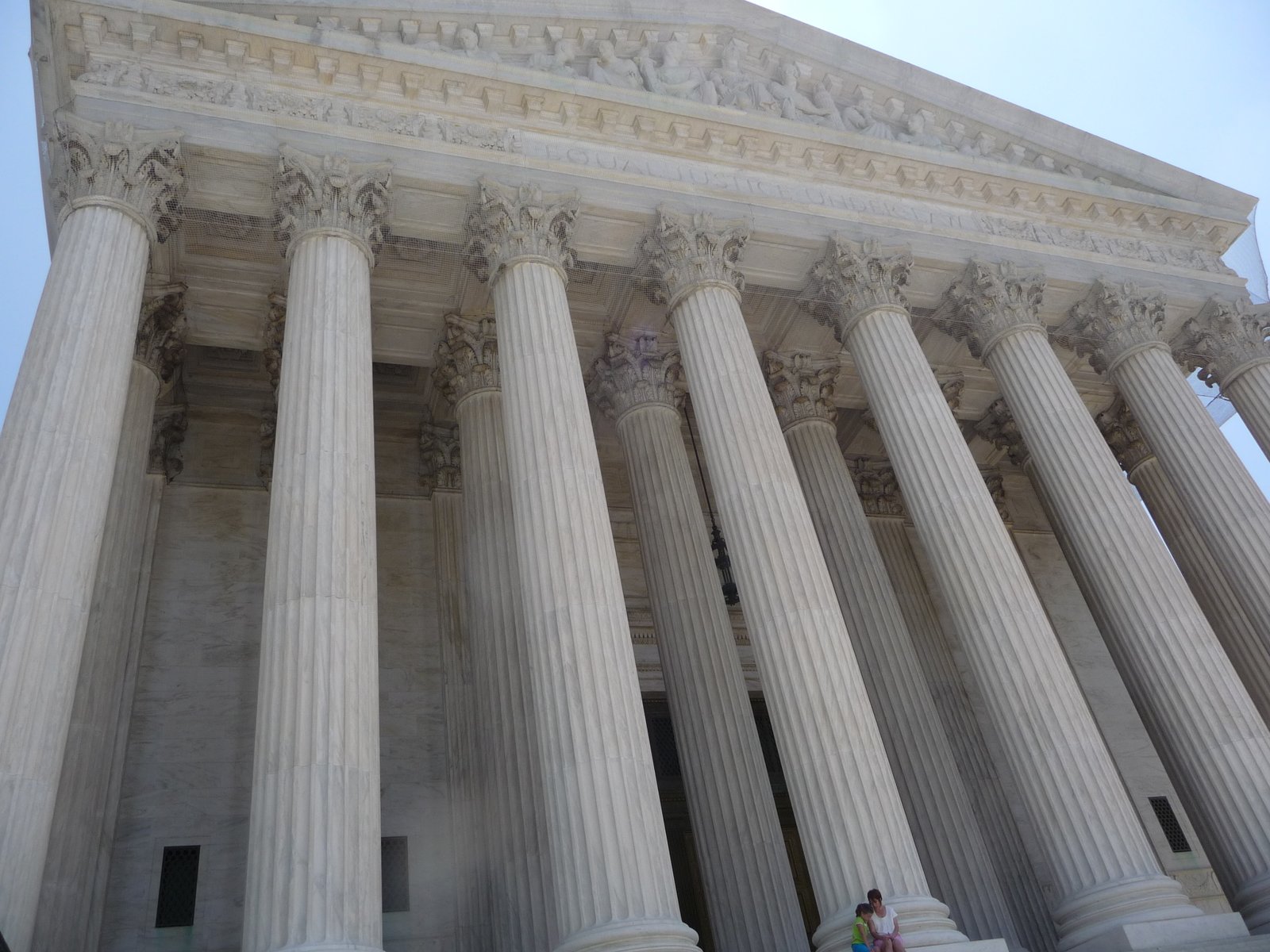Jason Hines wrote this article for his blog three years ago (February 2012) but it is relevant again as opponents continue to question President Obama’s faith in an effort to win political points. Editor
 By Jason Hines-
By Jason Hines-
[dc]I[/dc] would like to say that Franklin Graham’s appearance on “Morning Joe” was unique in this political season. On the Tuesday edition, Graham was asked whether he thought President Obama was a Christian. Graham said he has to take President Obama at his word, but that he did not know whether Obama was a Christian. When asked why he felt unsure about Obama’s spirituality, Graham recounted a story of when he asked the President how he came to be a Christian. Pastor Graham asserted that Obama started attending a Christian church only to make inroads into the communities he was working at the time. Furthermore, President Obama’s Christianity is further obscured because Muslims consider the President to be a son of Islam, and because the President’s actions do not show him to be a Christian. However, when he was asked whether Rick Santorum or Newt Gingrich were Christians, Graham readily said yes. This would have been very surprising if not for Rick Santorum’s statements over the weekend that President Obama was attempting to establish a “phony theology,” a theology that is not based on Christianity.
Religion often becomes a political football during the election season, and this year is no exception. In addition to these statements questioning President Obama’s religion we have also seen contraception become a major religious freedom issue with many church charities and organizations upset about the new health insurance regulations. While there are many different ways to look at these subjects, I see a strong commonality in all of these events – they each deal with the power of definitions in interesting ways.
Santorum and Graham each seek to define what it means to be a Christian. For Franklin Graham it seems that your Christianity is in doubt if you fail to support his political agenda. For Santorum if you support an agenda that seeks to protect the environment, than you support a phony, unchristian theology. It was so odd to see Franklin Graham express doubt about President Obama’s theology and then turn around and wholeheartedly support the Christianity claims of Santorum and Gingrich. It would have been better if he stayed with his original line of thought – that he should believe what people say regarding their religion. The first problem with Graham’s statements is that so many of them are wrong. While the President may not have been as forthcoming with Pastor Graham in private conversation, he certainly has made very explicit statements about his faith, as recently as the National Prayer Breakfast on February 2nd of this year. Also, I am not an expert on Sharia law (and neither would I suspect is Pastor Graham), but it seems that he may be wrong about President Obama as a son of Islam. The freedom of conscience that people like Pastor Graham and Senator Santorum advocate for is the same freedom of conscience that should allow them to respect President Obama’s version of Christianity, even though it differs from theirs.
Their religious attacks on President Obama and the Religious Right’s fight against the new healthcare regulations are evidence of another attempt of redefinition that is taking place in America. These attacks are an attempt to redefine the constitutional role of religion in American life. Both Senator Santorum and Pastor Graham have established a de facto religious test for the office of President. Why does it matter to Pastor Graham whether President Obama is a Christian? Why does it matter to Senator Santorum that Obama has a phony, unchristian theology? These things matter because to them a person should not be president unless they are Christian. And that Christianity cannot just be any Christianity, but a form of Christianity that is aligned with what they think is correct. The problem is that the U.S. Constitution expresslyforbids religious tests for public office. The religious freedom being presented by Christian groups over the new healthcare regulations is an attempt to redefine the principle of the separation of church and state. Never in U.S. history have the courts granted such expansive exemptions as the ones these denominations propose. The question of religious exemptions has been settled law since 1990, when Justice Scalia established the principle that religions cannot get exemptions from neutral laws of general applicability. These religious groups are seeking to establish a one-way principle for the separation of church and state –the government cannot interfere with them, but they are allowed to dictate to government as they please.
###
